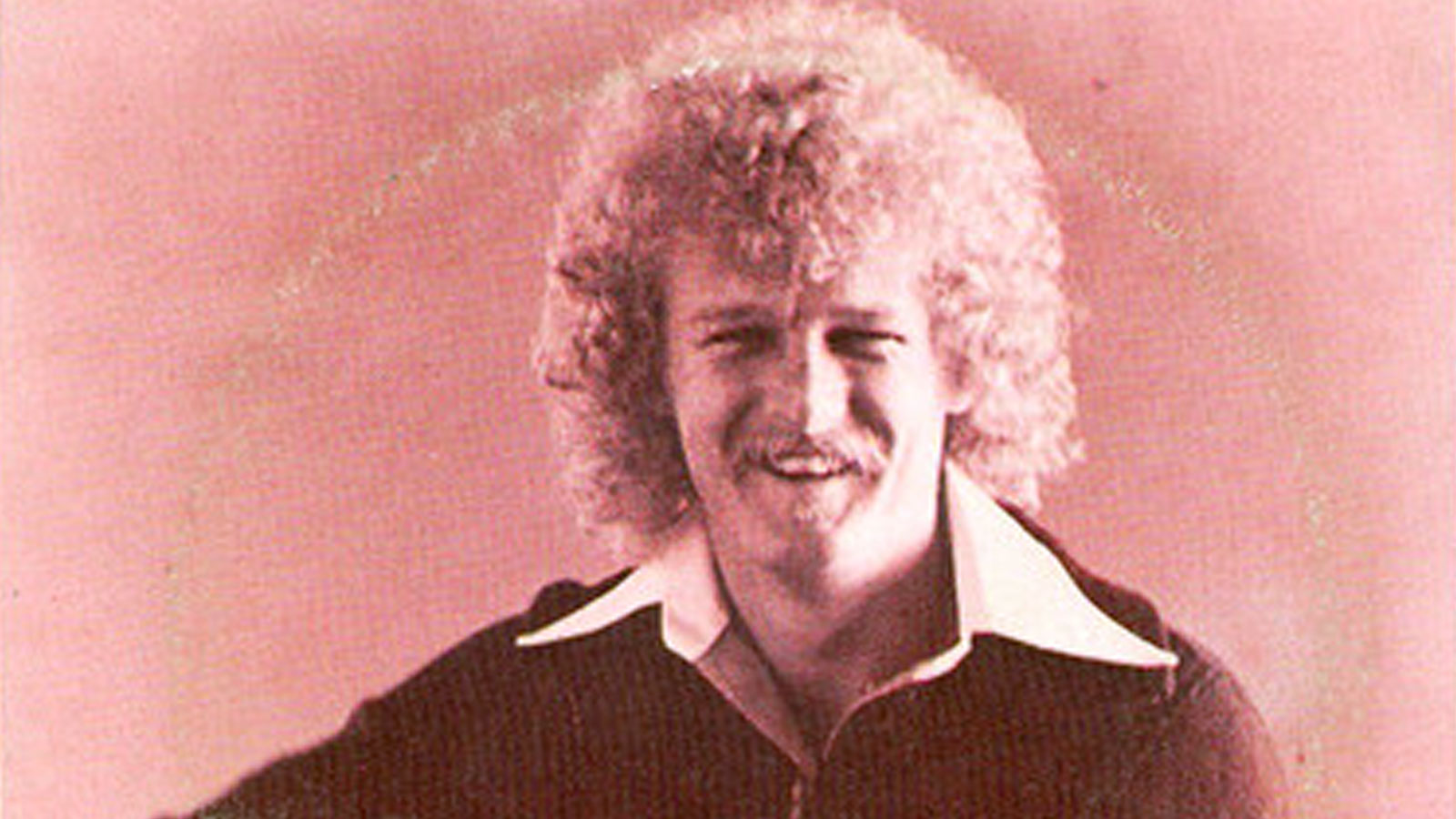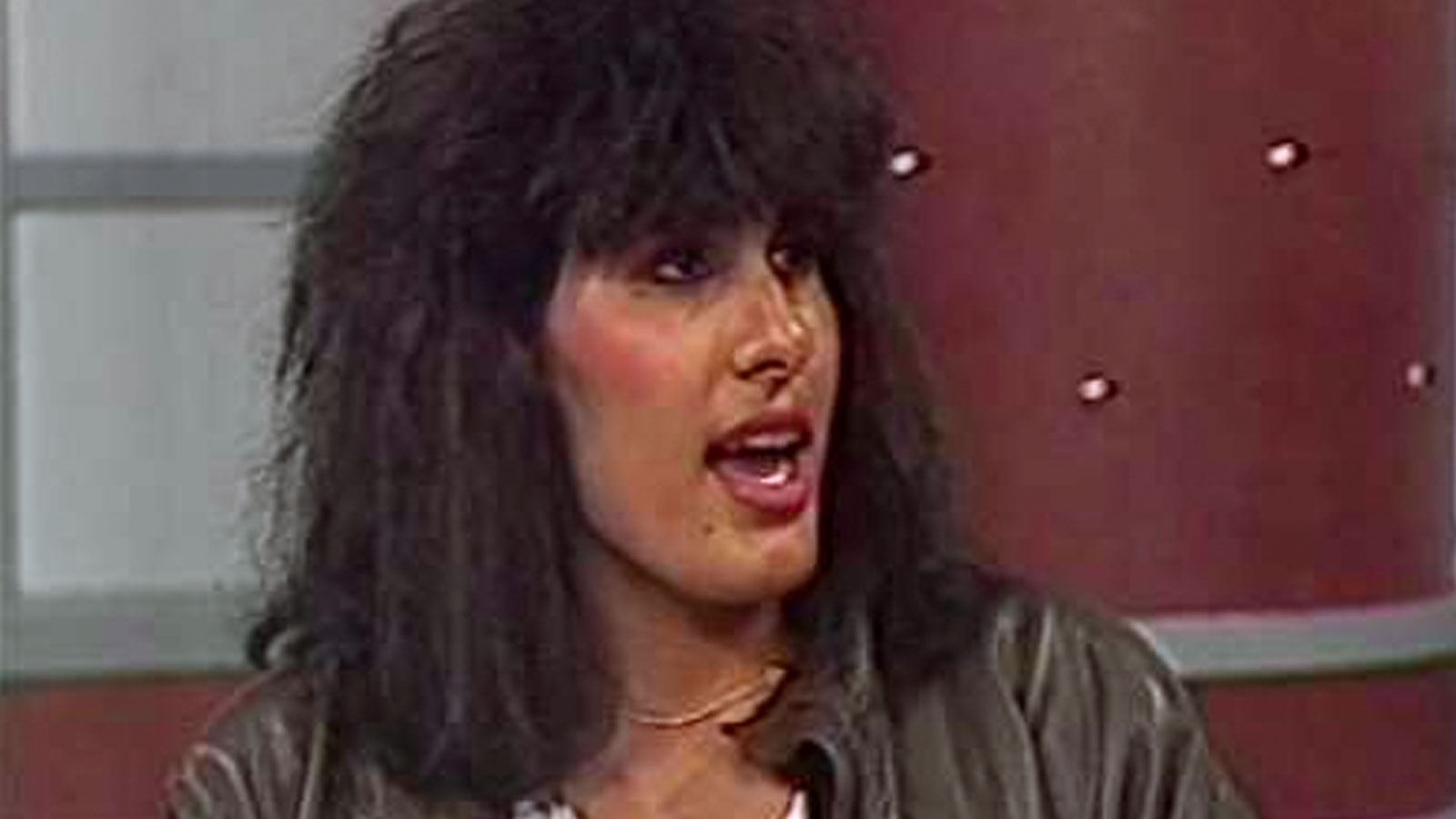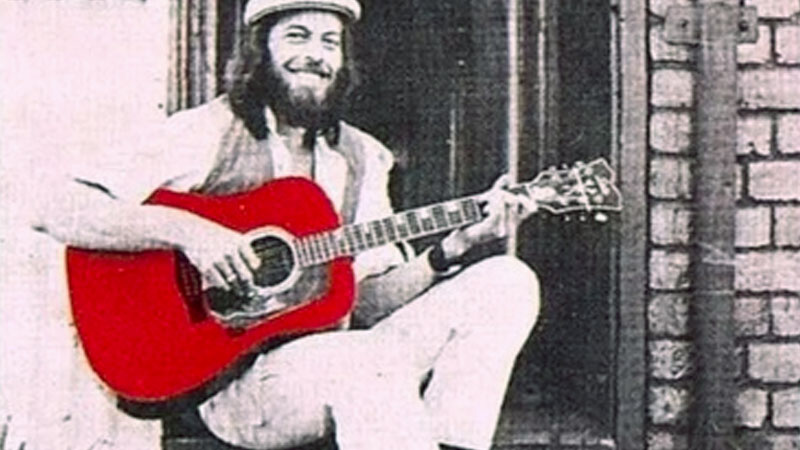Grew up in Cape Town. Started out in the mid-1960s with Coloured Rain, then in the late 1960s formed Hammak, in 1972 Stallion and in 1977 the Gas Band.
His solo career kicked off in 1976 with the “Country girl” single and Country Gas album. He went on to record several more singles and albums in the 1970s and first half of the 1980s.
Real name Angie Hazimarcu. After Peach broke up she went solo, releasing the song “The spell” in 1982. It met with limited success on South African radio.
She contributed vocals to Via Afrika’s song ‘Caprivi Strip” (1984). She also did some collaborative work with Robbie Robb in a band called Angie and the Affections and appeared on SABC performing a song called “Do you”.
In 1984 they released a single “That boy” which failed to make an impression. She released the song “I come undone’ on the 4 for Africa EP in 1985 (along with Tribe After Tribe, Via Afrika and Ella Mental).
In the mid-1980s she left South Africa, hoping to work on solo album in Australia. However, her planned album did not get off the ground but she carried on performing with others. She became the backing vocalist for Savage Garden.
Successful Afrikaans singer-songwriter and guitar player who began by writing songs for other musicians, particularly Sonja Herholdt. Broke onto the performance scene in his own right in 1979 with his Boy van die Suburbs album. Strongly influenced by Bob Dylan, he wanted to establish himself as a protest singer but never progressed beyond vaguely symbolic protest songs.
Further albums include Liedjieboer (1980), 2nd Laan 58 (1980), Jors Troelie (1981), Tussen Twee Rooi Mure (1983), My Stellenbosch Se Nonnatjie Roep My (1985), Lappiesland (1985), Liedjieboer Innie City/Stad (1986), Winde Van Verandering (1988), Danzer (1992), Bushrock (1996), Putonnerwater (1999), n Vis Innie Bos (2001), Groen Blomme Projek (2005) and Padkos (2017). He continues to release albums on the fringes of the alternative Afrikaans music scene.




